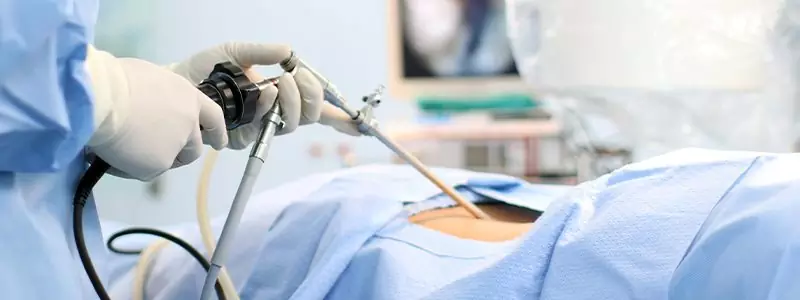Here is a brief overview of what you can expect on the day of your surgery: • After hospital admission, your medical records will be reviewed again by the surgical team to verify all necessary details. • Your surgeon will visit you before the procedure. If your surgery involves a specific side of the body (e.g., left inguinal hernia), the correct side will be marked with your initials using a surgical marker on a location away from the incision site. • You will be asked to remove all personal clothing and wear the surgical gown provided. • You must remove all jewelry, accessories, and prosthetics (e.g., dentures, hearing aids, contact lenses). • To reduce anxiety, you may be given a mild sedative. • Once all preparations are complete, you will be escorted to the operating room on your hospital bed by a nurse.
In the Operating Room • For your safety, multiple healthcare professionals may ask you similar questions — this is part of our standard patient safety protocol. • Before the surgery begins, a “time-out” is conducted. During this pause, the team verbally confirms your identity, the procedure, and the surgical site to ensure everything is correct. This step is crucial for patient safety. • Once you are safely positioned on the operating table and made comfortable, the anesthesia process begins. • Anesthesia may be general or regional (e.g., spinal or epidural), depending on your procedure. • If you receive general anesthesia, you will be given medications to make you sleep. A breathing tube will be placed in your windpipe to support your breathing and deliver anesthetic gases throughout the operation. • Your vital signs are continuously monitored throughout the surgery to ensure stability and safety. • Once anesthesia is fully administered, the surgical team is cleared to begin the operation. • The surgical area is cleaned with special antiseptic solutions and covered with sterile drapes to maintain a sterile field. • Near the end of the surgery, the responsible nurse conducts a final instrument and gauze count to ensure nothing is left inside and everything is accounted for — this is also officially documented.
After the Surgery • After the operation, you will be transferred to the post-anesthesia care unit (PACU) for observation and recovery. • In some special cases, you may be taken directly to the intensive care unit (ICU) instead, especially if close monitoring is required. • While you are in recovery, your surgeon will inform your family or companions about the outcome of your surgery. • Once you are fully awake and comfortable — with symptoms such as pain or nausea managed — you will be moved back to your hospital room. • At this point, the postoperative care and recovery process officially begins.



